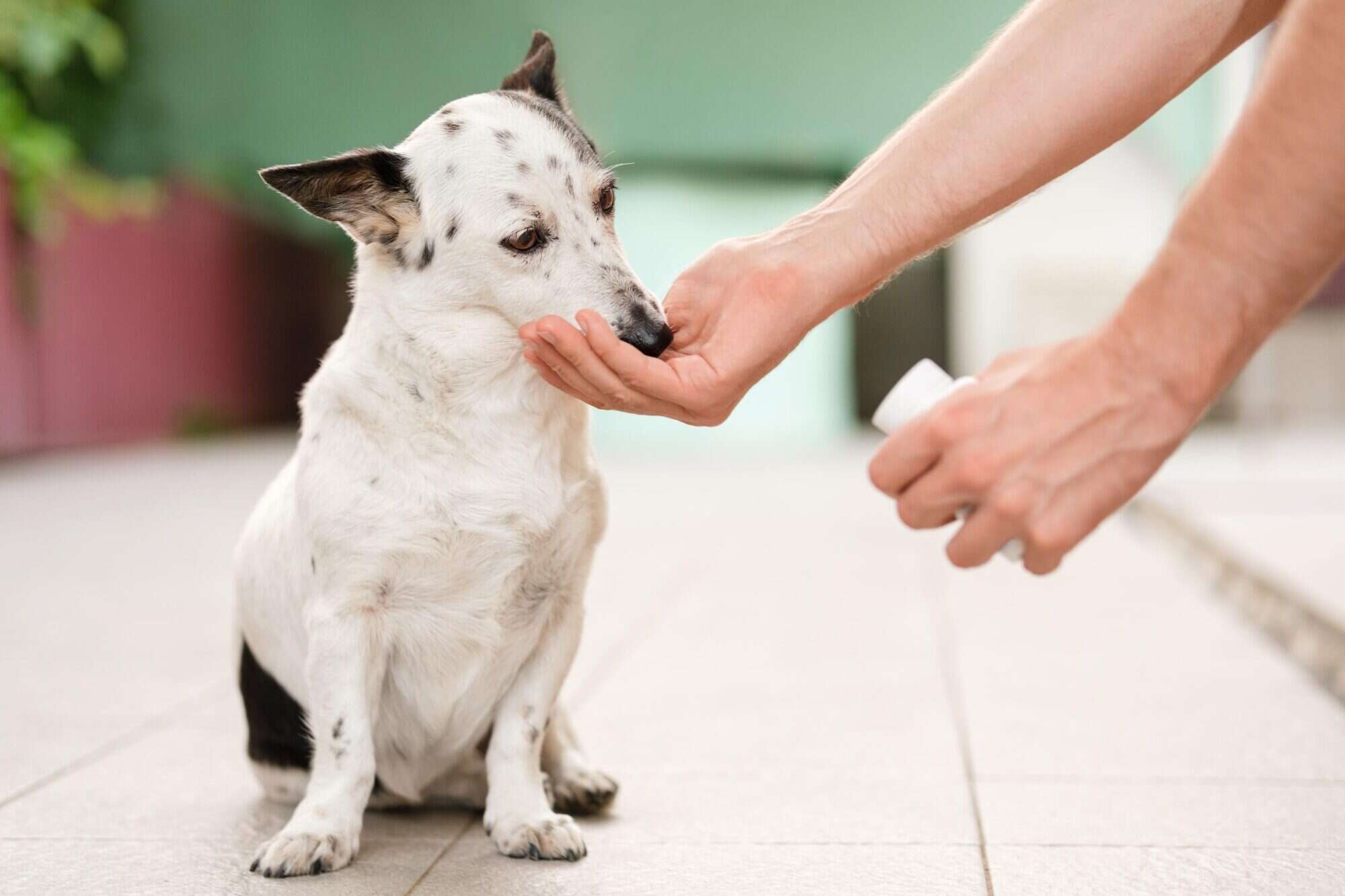The Hidden Dangers of Over-the-Counter Pet Medications: What You Need to Know

It’s hard when our furry friends don’t feel well, and it’s natural to look for ways to help them feel better fast. But reaching for your medicine cabinet is risky at best, and could make your cat or dog extremely ill—or worse.
At Crossover Veterinary Clinic, we know pets are like family, and we understand how hard it can be when pets are sick or in pain. But we have a hard and fast rule when it comes to pet medication safety: never administer over-the-counter pet meds to your cat or dog without first visiting the vet for a proper diagnosis. In this blog, we take a close look at common pet medication mistakes and other pet health risks of using over-the-counter pet meds.
Harmful Pet Medications
First, it’s important to understand that “over the counter” isn’t synonymous with “safe.” Many common medications can cause serious health issues, including gastrointestinal problems, liver damage, and even death. Even vet-approved pet medications can cause serious problems when used incorrectly. Always consult your veterinarian before administering any OTC meds to your pets.
NEVER give your pet the following:
- NSAIDs like Motrin, Advil, or Aleve
- Acetaminophen
- Decongestants like Sudafed or Dimetapp
- Cough medicines like Delsym and Robitussin
- Benadryl, unless recommended in small doses by your veterinarian
Vet-Approved Pet Medications
After examining your pet, your veterinarian might suggest using one of the following OTC vet-approved medications. Never administer these medications without first consulting with your veterinarian.
While cats are more sensitive to medications than dogs, most OTC meds for dogs are safe for use as OTC meds for cats when properly dosed, including:
- Benadryl, Zyrtec, or Claritin for allergies and itching
- Pepto-Bismol for minor gastrointestinal upset
- Heartburn meds like Pepcid and Prilosec
- Glucosamine for joint health
- Cortisone cream
- Antifungal cream
- Topical antibiotics like Neosporin
- Moisture eye drops like Artificial Tears
- Probiotics for gut health
Common Pet Medication Mistakes
Any medication, including vet-approved pet medications, can pose a risk to pets due to common pet medication mistakes, such as:
- Incorrect dosing: Giving too much or too little of a medication can be harmful.
- Using expired medications: Expired meds can lose effectiveness or become dangerous.
- Mixing medications: Some medications interact negatively with others.
- Self-diagnosing: Always consult a vet before starting any new medication.
Pet Medication Safety Tips
To ensure the safety of your pets, follow these guidelines when using any vet-approved pet medications:
- Always read the label and follow dosage instructions carefully.
- Store medications out of reach of pets and children.
- Never give human medications to pets without veterinary approval.
- Keep a list of all the medications your pet is taking and share it with your vet.
By following these recommendations and consulting with your veterinarian, you can help ensure the health and safety of your beloved pets. Please contact us at (479) 750-7474 if your pet is ill or if you have questions about over-the-counter pet meds.
